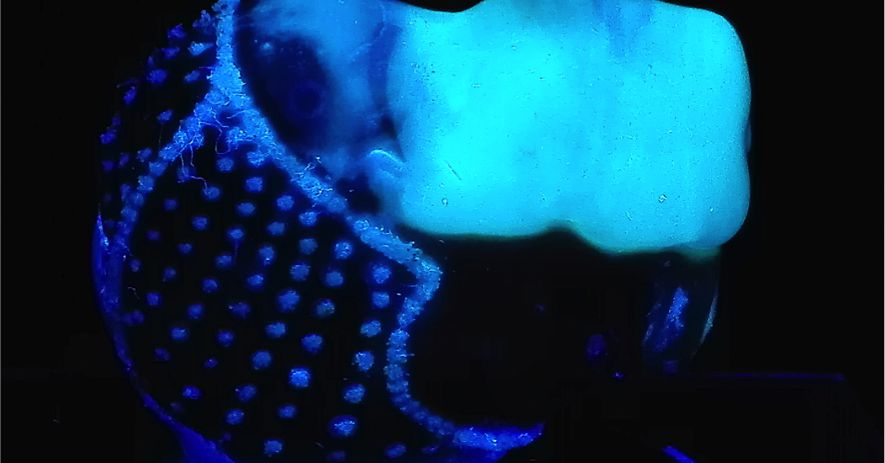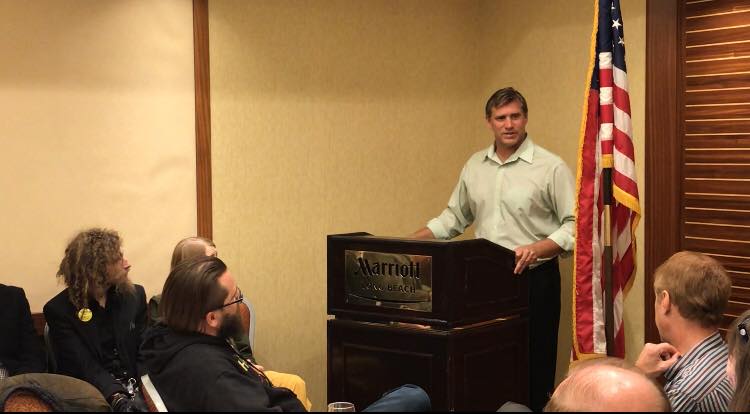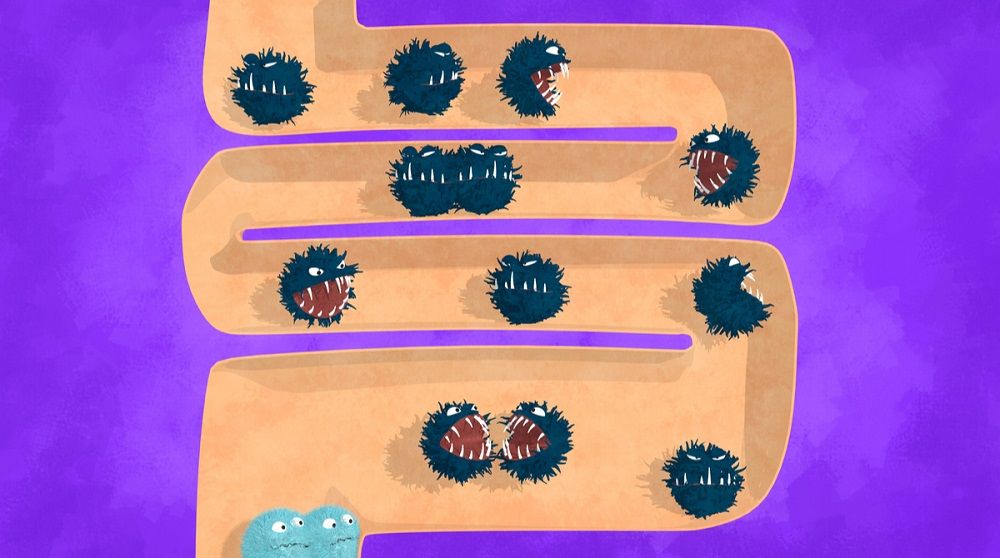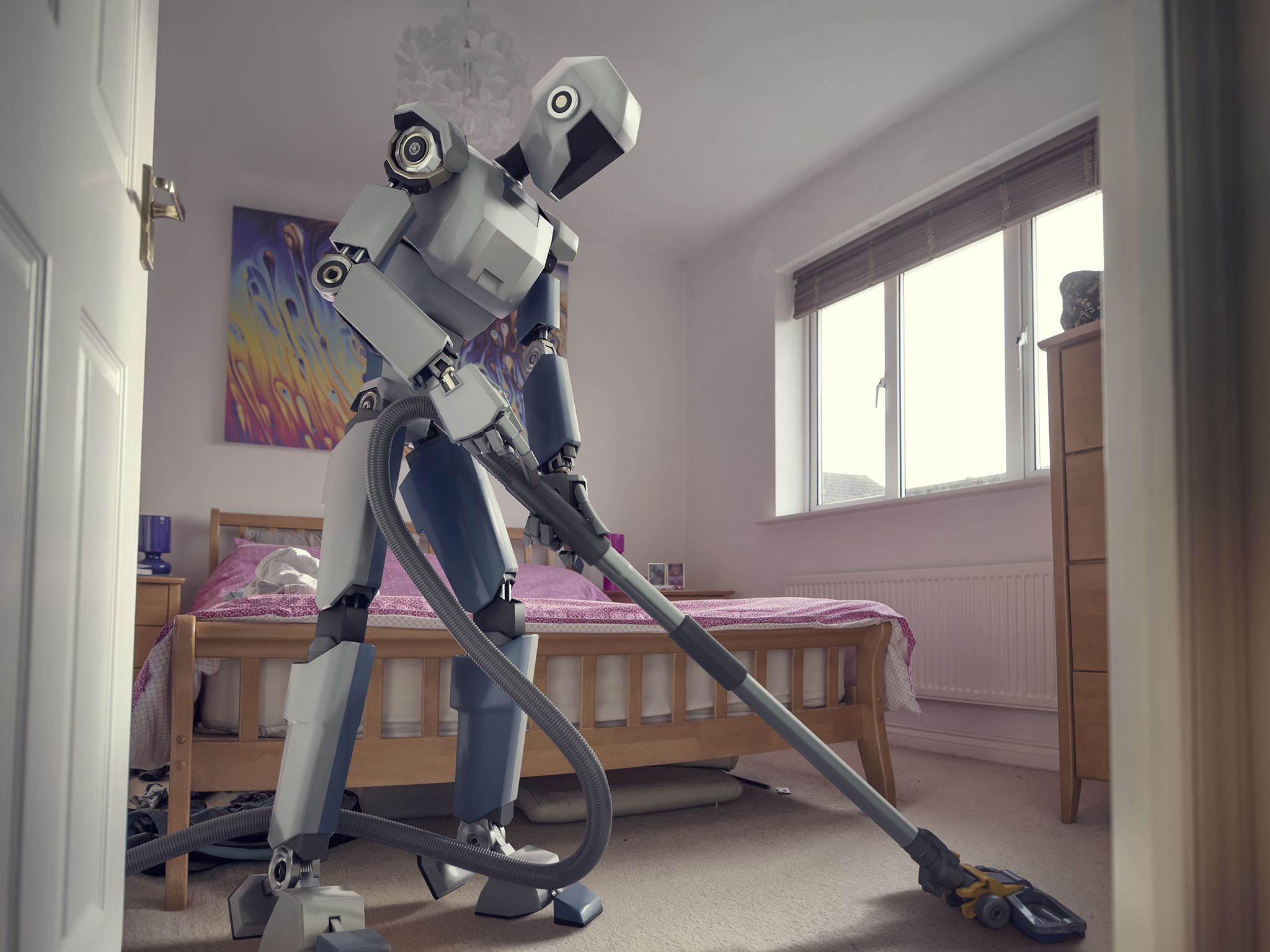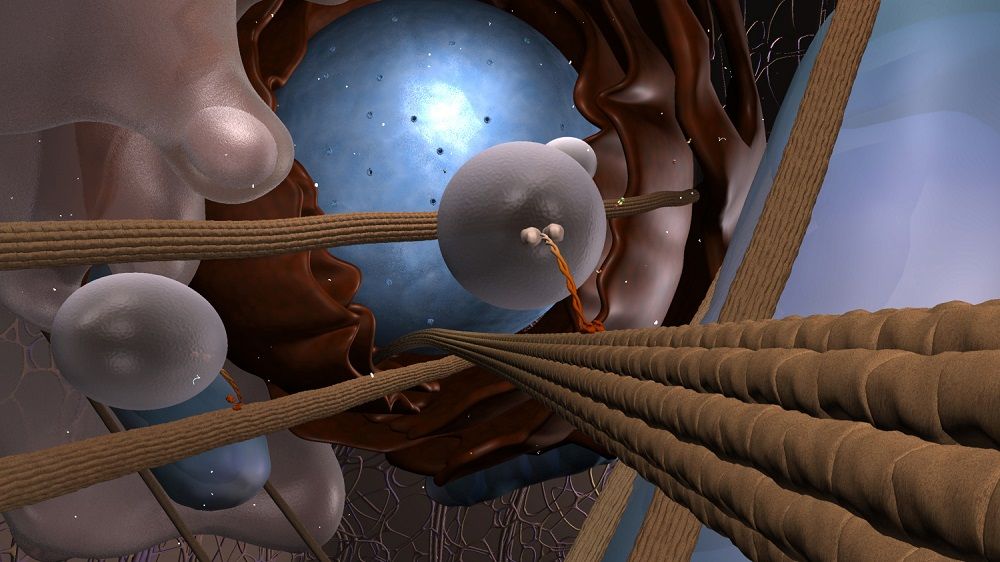Page 9157
There weren’t too many historical events on December 3, 1992, but the date is an important one for mobile fans: 25 years ago today, the very first text message was sent. It simply read, “Merry Christmas”
On the same day that Whitney Houston’s I will always love you was the number 1 song in the US and Home Alone 2 topped the box office, 22-year-old Sema Group software architect Neil Papworth sent the first SMS (Short Message Service).
It was sent over the Vodafone GSM network in the UK, though back then handsets could only receive messages, not send them. Papworth sent it to an Orbitel 901 handset belonging to the then-director of Vodafone, Richard Jarvis, using a computer.
Dec 3, 2017
The Tantalizing Dream of Blanketing the Sahara in Solar Panels
Posted by Montie Adkins in categories: solar power, sustainability
Just need 400 billion and 1.2% of the land area.
Desertec continues in a smaller form; they’re still building power plants in Morocco to supply the local energy needs of that country. Perhaps a ground-up approach, where MENA countries increase their own solar production in the desert before becoming net exporters, will provide the solution. This project is not the first wildly ambitious scheme to provide for the world’s energy needs that has stalled; historians remember Atlantropa, a scheme to dam the Strait of Gibraltar and use it for hydroelectric power that had some interest in the 1920s.
Yet the prospect remains tantalizing. Surely, when only a tiny fraction of the Earth’s surface need be devoted to energy production to provide us with more power than we could ever dream of consuming, we won’t wreck the planet by getting that energy through dirty and dangerous means. To starry-eyed idealists, it must seem equivalent to being on a raft in a lake full of drinking water—and choosing instead to swig from a bottle of seawater in your backpack. Solar power in the world’s deserts is one of the few feasible, renewable ways of providing energy on the scale we currently demand as humans. Someday, we will make better use of the abundant energy from the sun. We’ll have to.
Continue reading “The Tantalizing Dream of Blanketing the Sahara in Solar Panels” »
Dec 3, 2017
I spoke yesterday in Long Beach to the #Libertarian Party of California Executive Committee, asking them to be more open to broader interpretations of libertarianism, including ideas that it support anti-aging and #transhumanism platforms
Posted by Zoltan Istvan in categories: life extension, transhumanism
Dec 3, 2017
Researchers Link Human Microbiome With “Ridiculously Healthy” Aging in Centenarians
Posted by Brady Hartman in category: life extension
Summary: Microbiome study of centenarians shows that ‘ridiculously healthy’ elderly have the same gut bacteria composition as healthy 30 year-olds. Can a more robust microbiome lead to the longer healthier life enjoyed by centenarians, or is it the other way around? [This article first appeared on LongevityFacts, follow us on Google+ | Facebook | Reddit. Author: Brady Hartman. This article was updated Dec. 2, 2017]
A recent study found that centenarians have the same microbiome as 30-year-olds.
In one of the most extensive studies of the human microbiome to date, an international group of researchers linked a healthy gut with “ridiculously healthy” elderly known as centenarians. This important study was conducted by the China-Canada Institute (CCI), a collaboration of geroscientists from the Lawson Health Research Institute, Western University, and Tianyi Health Science Institute in China. The researchers published their study titled “The Gut Microbiota of Healthy Aged Chinese Is Similar to That of the Healthy Young,” in the journal mSphere.
Dec 3, 2017
(Video) How Bacteria Rule Over Our Bodies — the Microbiome
Posted by Brady Hartman in categories: biotech/medical, food, health, neuroscience
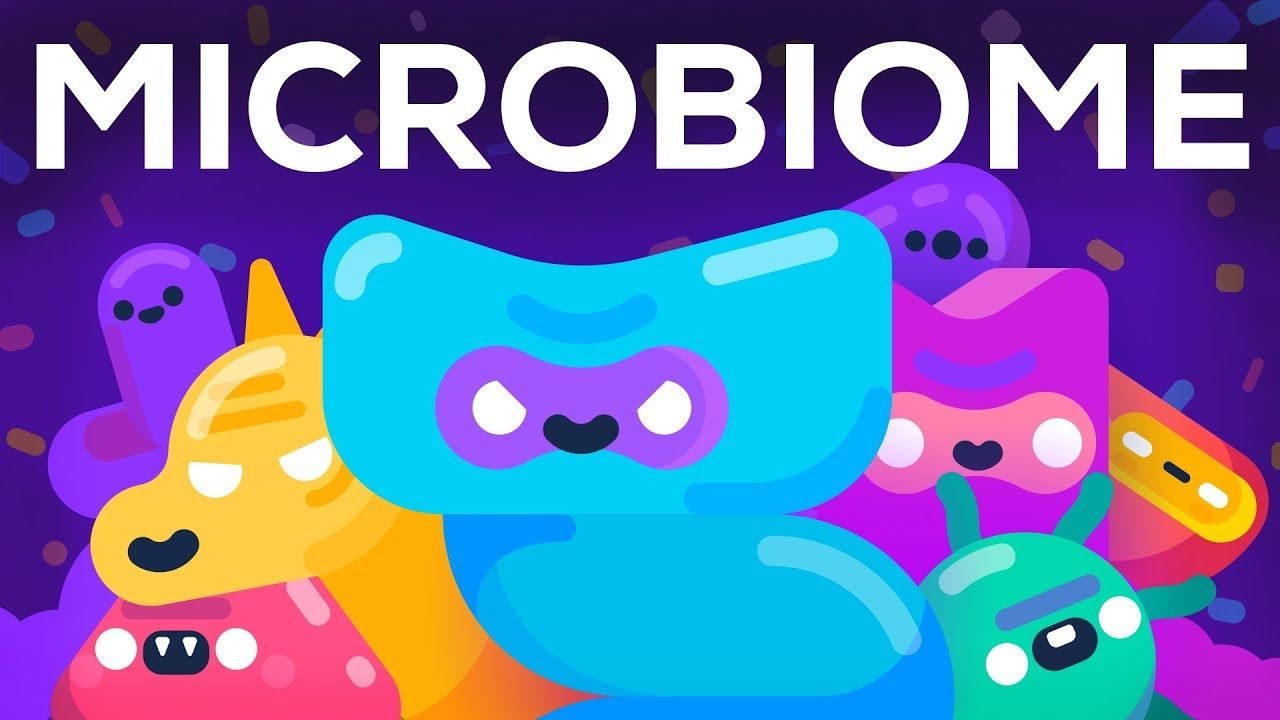
[scroll down to view the video.] The animation house of Kurzsegat provides us with an 8-minute video on how the microbiome influences our health and mood and even encourages us to eat junk food. Scientists have linked the human microbiome to a variety of health conditions such as cancer, autism, weight gain, Parkinson’s Disease and even our mental health.
Dec 3, 2017
(Video) Why Age? Should We End Aging Forever?
Posted by Brady Hartman in category: life extension
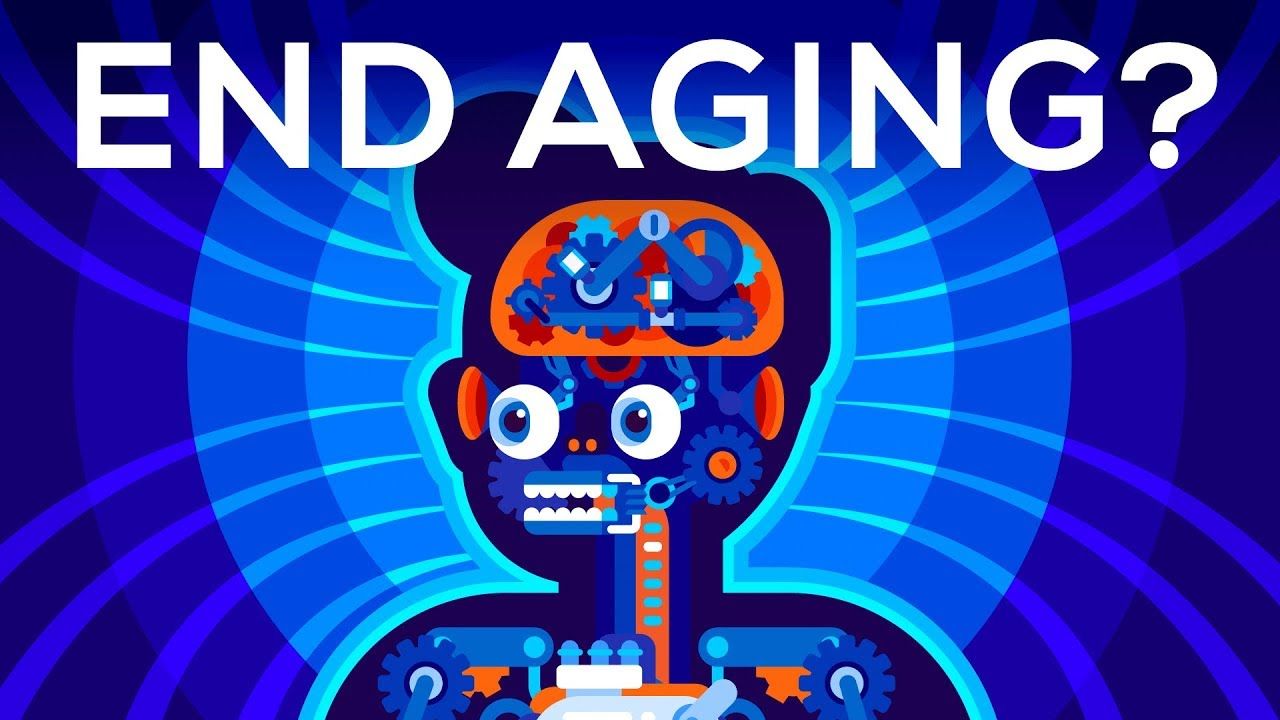
Summary: The goals of geroscience are to help us live longer and healthier. A new film clip from Kurzgesagt explains the rationale behind lifespan-extension science, and why it’s not just about living longer but also living healthier.
(Video) Why Age? Should We End Aging Forever?
Continue reading “(Video) Why Age? Should We End Aging Forever?” »
Dec 3, 2017
A.I. Will Transform the Economy. But How Much, and How Soon?
Posted by Derick Lee in categories: economics, employment, robotics/AI
Three new reports combine to suggest these answers: It can probably do less right now than you think. But it will eventually do more than you probably think, in more places than you probably think, and will probably evolve faster than powerful technologies have in the past.
Three new reports suggest that artificial intelligence can probably do less right now than you think. But by one estimation, up to a third of American workers will have to switch jobs by 2030 largely because of it.
Dec 2, 2017
The robots are coming – but will they really take all our jobs?
Posted by Klaus Baldauf in categories: biotech/medical, employment, robotics/AI, sex
Last week, Chancellor Philip Hammond announced in the Autumn Budget a £500m package of investment into tech initiatives, including the development of artificial intelligence.
Which must have had the Channel 4 executives ordering trebles all round, because with perfect timing they’ve designated this week the “Rise of the Robots season”, with a schedule that includes documentaries on the take-off of artificial intelligences (AIs) as consulting doctors, a David Tennant -narrated piece on the challenge of making robots as human as possible, and the one that’s had the tabloids hot under the collar, today’s The Sex Robots Are Coming – which needs little further explanation.
Doctor Who and the Invasion of the Sex-Bots aside, though, is it actually possible that the dream of science fiction writers going back a century or more is on the verge of reality? Are we really about to live in the long-promised future of robots and AIs?
Continue reading “The robots are coming – but will they really take all our jobs?” »
Dec 2, 2017
Old Human Cells Rejuvenated with ‘Breakthrough’ Anti-Aging Discovery
Posted by Brady Hartman in categories: biotech/medical, life extension
Summary: Novel resveratrol analogs rejuvenate aging human cells, lengthening their Full Explanation of Telomeres.
Telomeres are a unique segment of DNA that sits at the end of the chromosome. Telomeres have repetitive sequences that are recognized as the end of the chromosome but are only there to keep the chromosome from becoming frazzled or damaged. Moreover, every time the cell divides, the telomeres also divide. But sometimes the telomeres can become shorter. As they grow shorter, they act like a clock that lets the cell know how old it is. The length of the telomere is the molecular clock, predicted by Hayflick. The telomere mechanism limits the number of times a cell can divide without losing DNA. When telomeres become too short, the cells cease multiplying and either become senescent or die.
Moreover, one of the interesting features about telomeres is that in cancer cells stay immortal by keeping their telomeres long. That means that cancer cells can continue dividing, long after they should have reached the end of their lifespan. This is one of the tactics that cancer cells use to trick the body into letting them keep replicating. [Source – NHGRI and Wikipedia.].
Continue reading “Old Human Cells Rejuvenated with ‘Breakthrough’ Anti-Aging Discovery” »
